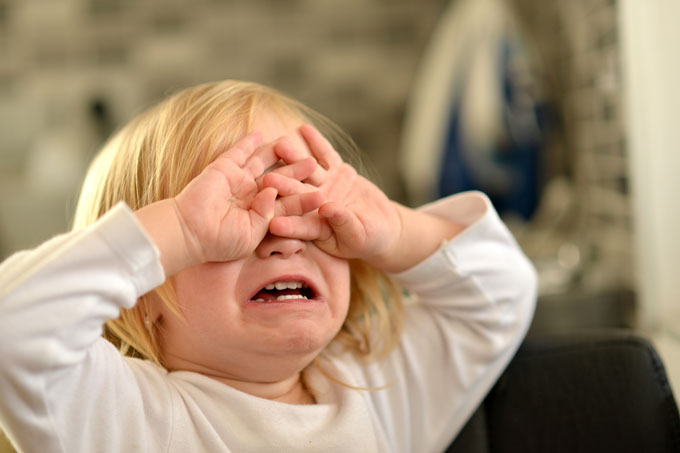Dr Catherine Meehan offers a response to news reports about the Duchess of Cambridge speaking firmly to Prince George at a family wedding
Understanding children’s verbal and nonverbal cues is an important parenting skill. Irrespective of parental education levels, socio-economic status, all parents learn about their children’s behaviour as they get to know their children.
The findings of a current research project suggest that when parents understand and accept the full range of children’s emotions including excitement, fears, anxieties, joys and sadness, parents are more likely to respond positively to their children.
Responding positively to children’s emotions and actions can be challenging and parenting in public is hard – whether you are at a supermarket or on public transport or at a family wedding with the world’s media watching your every step. Parents and families are put under a lot of pressure based on their children’s performance.
At a family wedding on Saturday, the press reported that three year old Prince George and two year old sister Princess Charlotte, “playfully skipped behind their aunt as she processed out of the church and ‘stomped’ on her train!” The photographs outside the church showed the Duchess ‘admonishing’ her son for his playful misadventure, resulting in a tearful Prince. The pressure on all parents, not only the Duchess of Cambridge, is that children should behave perfectly.
The amazing thing about children is for their capacity to play, to find joy and create fun (even in ‘stuffy’ adult environments), be amazed and curious. The photographs of the page boys and flower girls from the weekend’s wedding were of children having fun together; tipping over their flower baskets, and I wonder if between the children they were asking themselves and each other, how far can I tip this basket over before the petals tip out? One paper reminded us of Prince William’s antics as a child at a similar age to Prince George and he has turned out to be ‘okay’, in spite of him finding ways to entertain himself and his peers in a wedding that is adult focused and does not allow for children’s participation.
I recall being on a bus in London recently when a young child’s blood curdling scream was heard followed by an embarrassed grandfather who yelled at the child to the satisfaction of the onlookers. Everyone on the bus stared at the child, and looked at the pair of them disapprovingly. I recognised that the child looked stressed and overstimulated by the environment and was trying to communicate this. At the final stop I got off at the same time and bent down and asked the child if he liked trains, as we had pulled up next to the station. He squeaked with delight. On talking to the grandfather, he had told me that his 3 year old grandson had just been diagnosed on being on the Autism spectrum.
So the next time you see a child being ‘naughty’ or not acting like an adult would in that situation, perhaps we should stop and watch and listen to the child. Ask ourselves, what just happened here? What was the child trying to communicate? What is the child learning? Raising children is hard work, and yet too often we judge before we think!
Dr Catherine Meehan is Faculty Director of Early Childhood, in the School of Childhood and Education Sciences.
 Expert comment
Expert comment Jeanette Earl
Jeanette Earl 1129
1129


